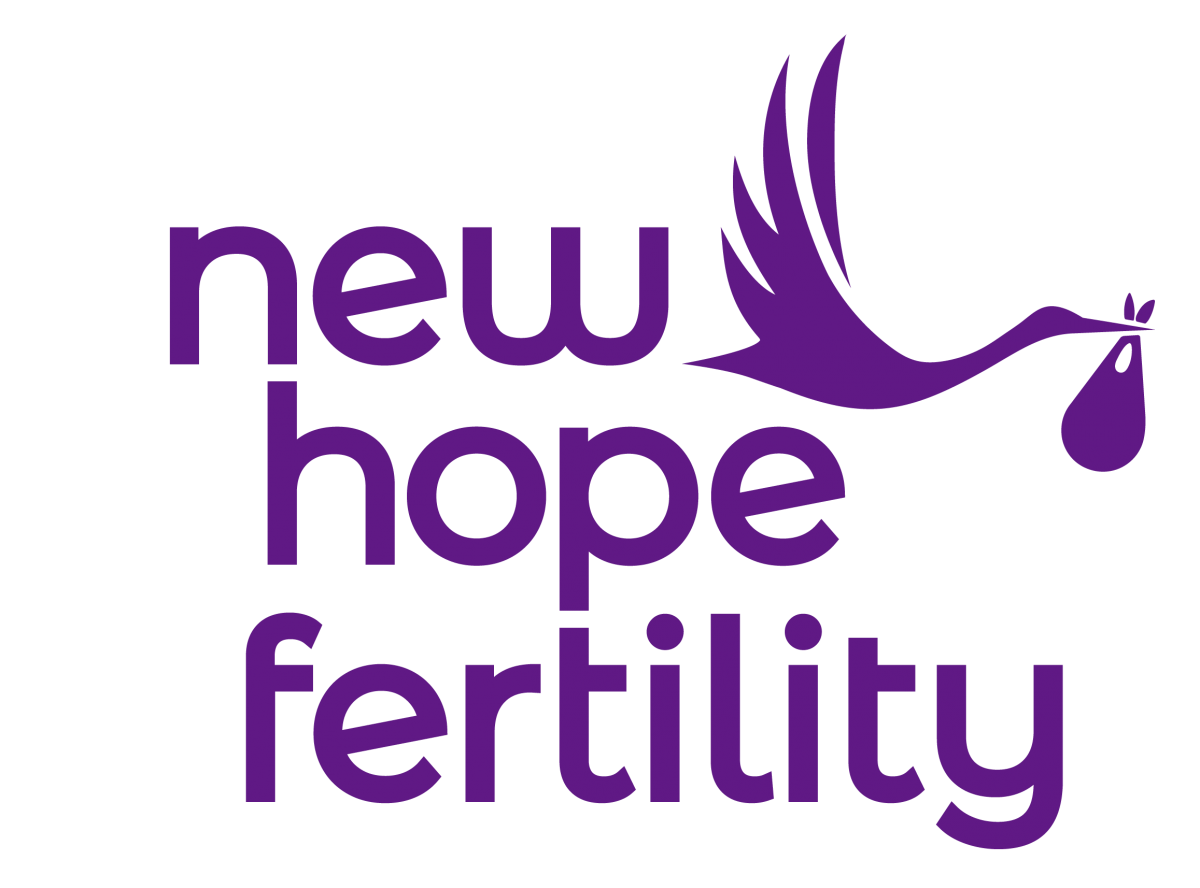When starting or expanding your family, you may have encountered the terms IUI and IVF – intrauterine insemination and in vitro fertilization, respectively. These two well-known therapy approaches can provide valuable assistance in overcoming various challenges associated with conception. However, navigating the decision-making process to determine which option best suits your specific circumstances can be quite daunting.
This blog post will explore the difference between IUI and IVF, examining their fundamental differences, procedural steps, success rates, and financial considerations. By delving into these aspects, we aim to provide you with a comprehensive understanding of your choices and empower you to make an informed decision.
The Main Difference Between IUI and IVF
In the realm of fertility treatments, the terms IUI and IVF may appear to be cryptic acronyms; however, gaining a grasp of what these terms stand for and how they function might shed light on your journey toward becoming a parent.
Intrauterine Insemination, also known as IUI, is a process in which a doctor places specially prepared sperm straight into a woman’s uterus. To improve the chances of successful fertilization, the timing of this treatment is meticulously coordinated with the woman’s menstrual cycle.
On the other hand, in vitro fertilization (IVF) is a process that involves multiple stages and is more involved. During this process, the ovaries are stimulated to create several eggs, the eggs are retrieved and fertilized in a laboratory setting with sperm, and then the healthiest embryos are transferred into the uterus.
How IVF Works
Getting pregnant with in vitro fertilization starts with a course of fertility medicines that are meant to stimulate the ovaries into producing numerous eggs. After a brief surgical operation, these eggs are extracted and later used in the laboratory in conjunction with sperm to form embryos. The embryos that are determined to be in the best possible health are the ones that will go on to be implanted and result in a pregnancy.
In certain circumstances, additional procedures, such as preimplantation genetic testing (PGT), may be suggested to increase the treatment’s success rates. This test is used to screen for various congenital abnormalities and assists in selecting the embryos that are in the best possible health for transfer.
How IUI Works
To begin the process of IUI, the ovulation cycle of the woman must first be carefully monitored. When the time is appropriate, specially prepared sperm is placed straight into the uterus of the woman to start a pregnancy. This approach seeks to boost the amount of sperm that travel to the fallopian tubes, aiming to improve the chances of successful fertilization.
Analyzing the Varying Success Rates
Several factors can affect whether or not an individual is successful with IVF or IUI. These include the age of the patient, the particular factors that contribute to infertility, and the patient’s general state of health. IUI, despite having lower success rates per cycle on average compared to IVF, can nonetheless produce considerable cumulative success rates after several cycles. Therefore, it is essential to have a conversation about your circumstances with a fertility professional to gain a better understanding of which strategy may work best for you.
Choosing Your Fertility Pathway: IUI or IVF?
It’s crucial to remember that each fertility journey is unique. Whether it’s IUI or IVF, the choice largely depends on your specific fertility issues, age, financial situation, and personal preference. Your healthcare provider can provide insights and guide you to make an informed decision.
IUI vs. IVF Cost
When weighing the options of IUI vs IVF, one crucial factor that comes into play is the cost associated with each procedure. Typically, the expenses involved in IUI procedures are lower than those of IVF. However, it’s important to note that individuals undergoing IUI may require multiple cycles before achieving pregnancy. Conversely, while the cost of IVF may be higher per cycle, it often boasts higher success rates, potentially leading to a decrease in the overall number of cycles needed.
Regardless of the IUI vs. IVF cost, both procedures lead to the same result in terms of fertility treatment: a healthy pregnancy. It is important to get the advice of an experienced fertility doctor before making your decision between the two, as it is a deeply personal matter. At New Hope Fertility Center, we are committed to being by your side every step of the way, giving you the support, information, and care you require to arrive at the choice that is in the best interest of the future of your family.
Why New Hope?
New Hope Fertility Center is home to world-renowned fertility specialists. We custom-design fertility treatments for the individual to increase the chances of a successful pregnancy. Our specialists believe in putting the patient first and being with them through every step of the fertility journey. Our team is well-versed in helping women of all ages reach their fertility goals and we are passionate about educating and supporting our patients throughout their journey. If you want compassionate fertility care, New Hope is the right place for you. Call us at (347) 970-8479 or schedule your initial consultation today!

